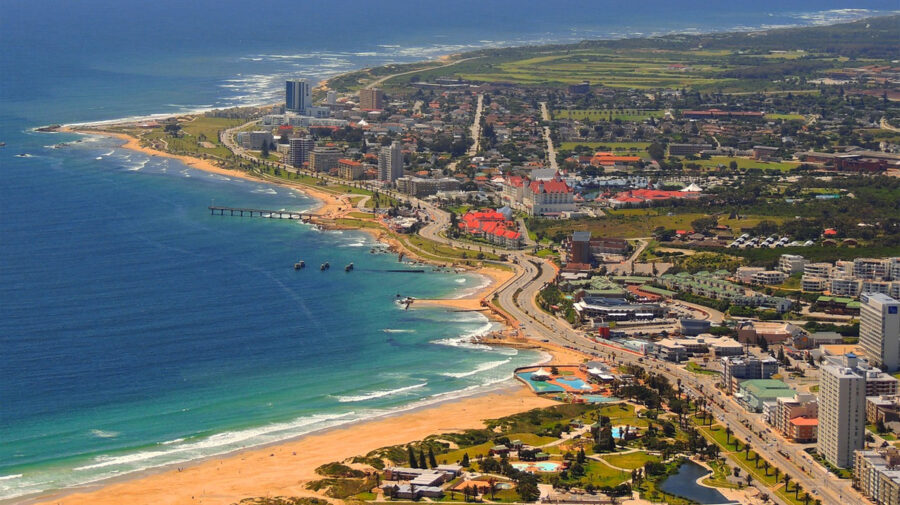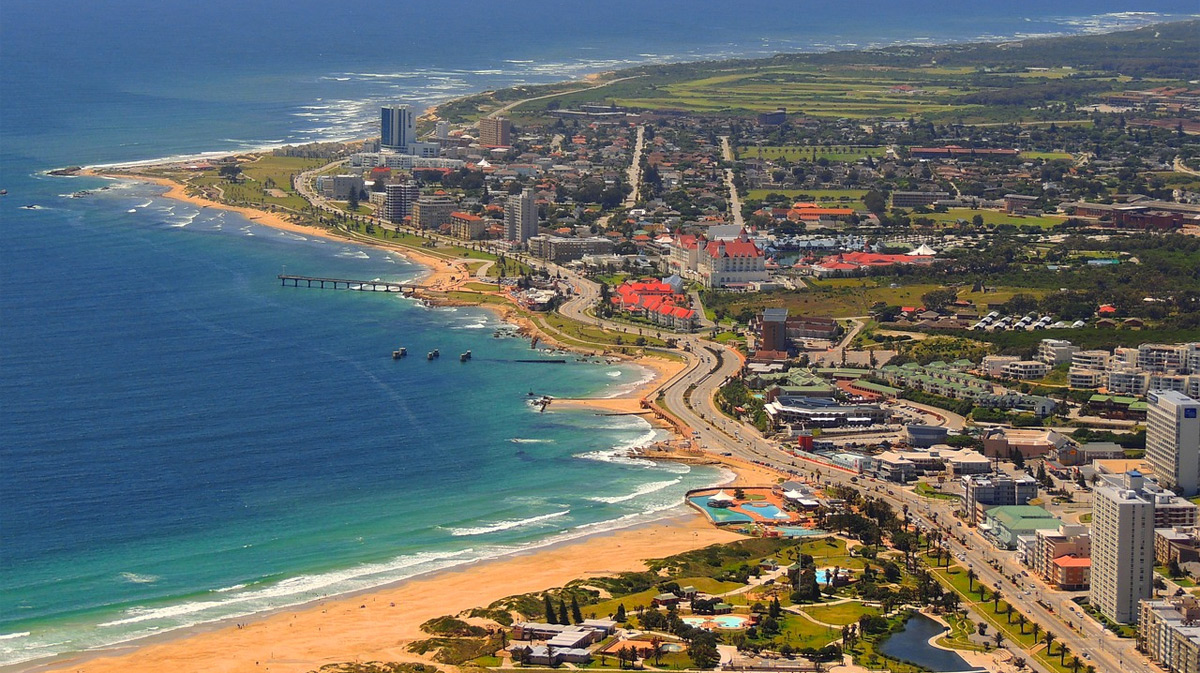
High Court Rules E. Cape and Garden Route Beaches Must Remain Closed
The North Gauteng High Court in Pretoria today ruled against the motion to have the COVID-19 beach ban regulation declared unconstitutional. This means that all beaches in the Eastern Cape, as well as on the Garden Route in the Western Cape, will remain closed until 3 January; and that all beaches in KwaZulu-Natal (KZN) will […]

The North Gauteng High Court in Pretoria today ruled against the motion to have the COVID-19 beach ban regulation declared unconstitutional. This means that all beaches in the Eastern Cape, as well as on the Garden Route in the Western Cape, will remain closed until 3 January; and that all beaches in KwaZulu-Natal (KZN) will be closed on 25, 26 and 31 December, as well as from 1 to 3 January.
AfriForum’s legal team said in a statement on Wednesday that although their urgent application didn’t succeed, it was important to highlight the disastrous effects the closure of beaches will have on businesses. “It is also important to take note that the court’s judgement does not excuse the government’s action, but adjudged that the government’s decision to close beaches was indeed valid,” says Daniël Eloff, AfriForum’s legal representative.
“Although AfriForum is disappointed with the outcome of the case, the organisation would like to encourage the public to still visit their favourite holiday destinations and to support the local businesses to lighten the financial burden in these coastal towns. These businesses will most likely now suffer immense and in most cases irreparable damage due to the fact that most holidaymakers cancelled their vacation plans because the beaches are closed,” says Monique Taute, AfriForum’s Head of Campaigns.
“According to a scientific study, the chance of contracting COVID-19 in the outdoors is about 1%. AfriForum therefore maintains that to visit the beach is a form of recreation that takes place outdoors and people are exposed to the sun that contributes to a healthier immune system. The alternative is that people will turn to places like shopping centres and restaurants that hold a much higher risk of spreading the virus,” Taute concluded.
South Africa has recently discovered a new, faster-spreading mutation of the virus which is believed to be driving the surge in cases. In the past 24 hours there have been over 9,501 positive cases in SA, and 339 deaths, in the latest South Africa coronavirus update.
